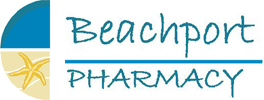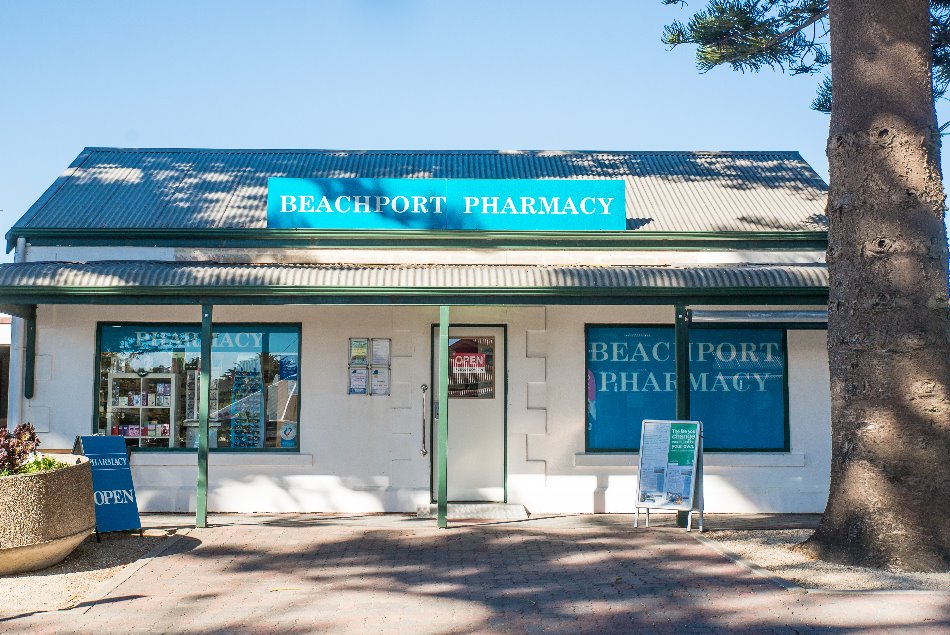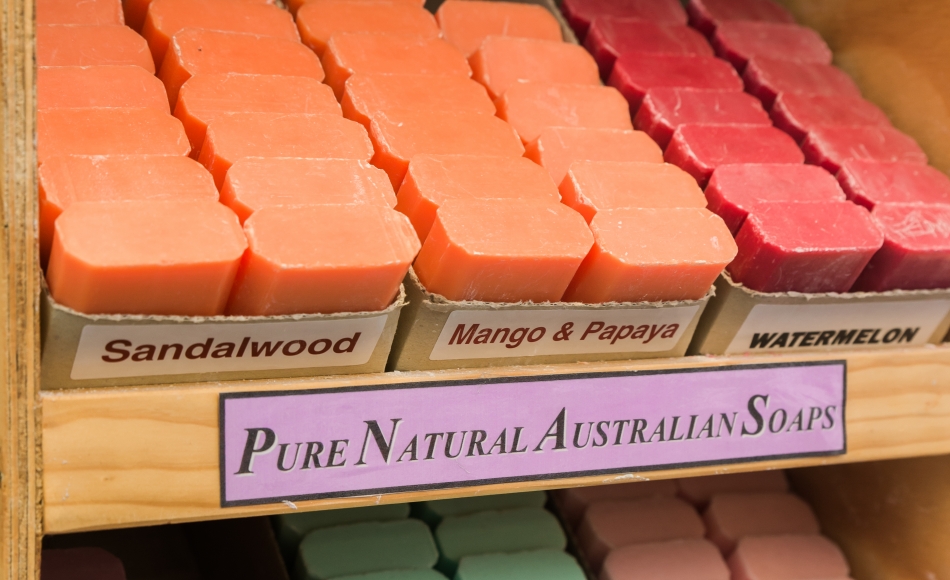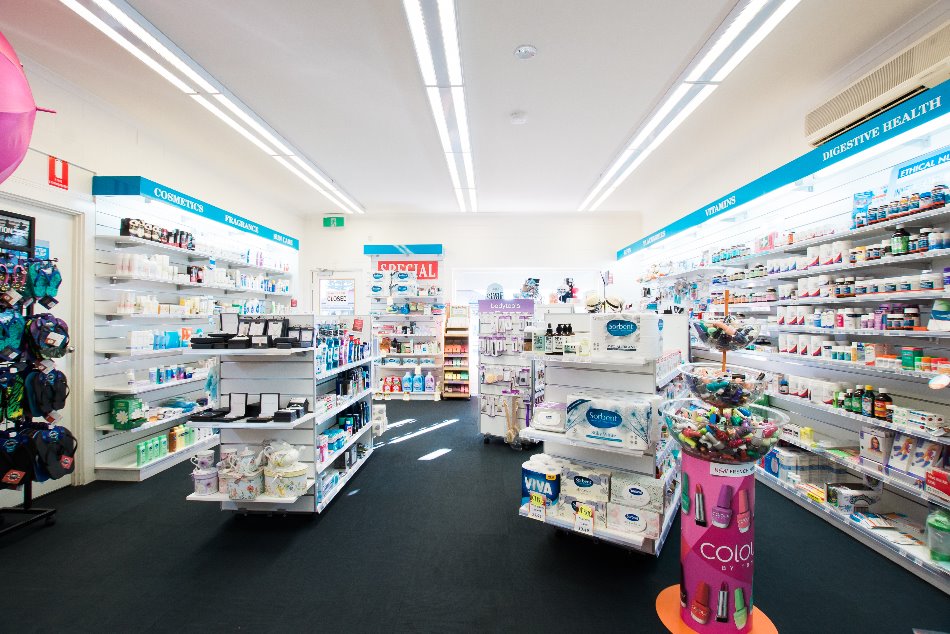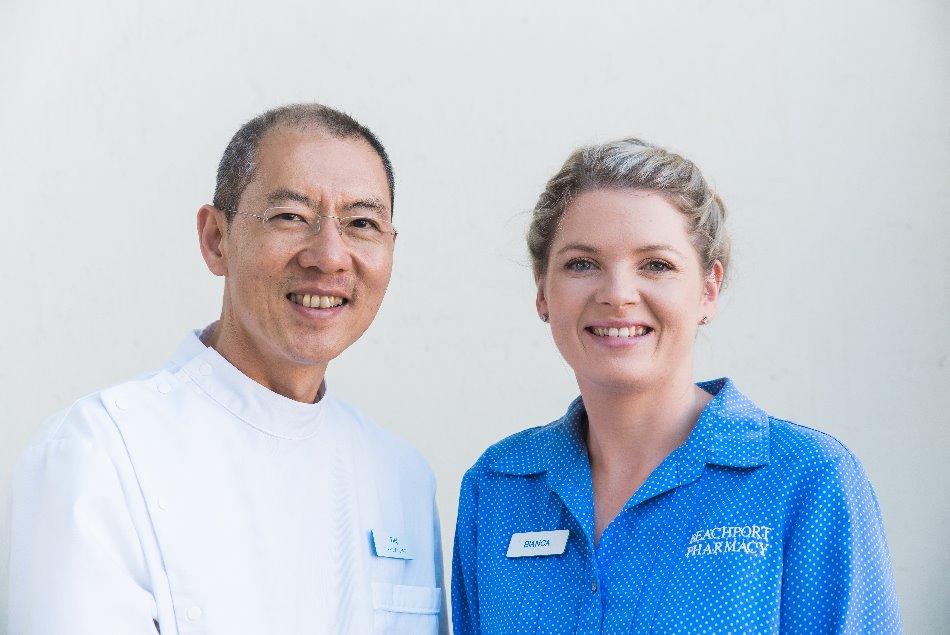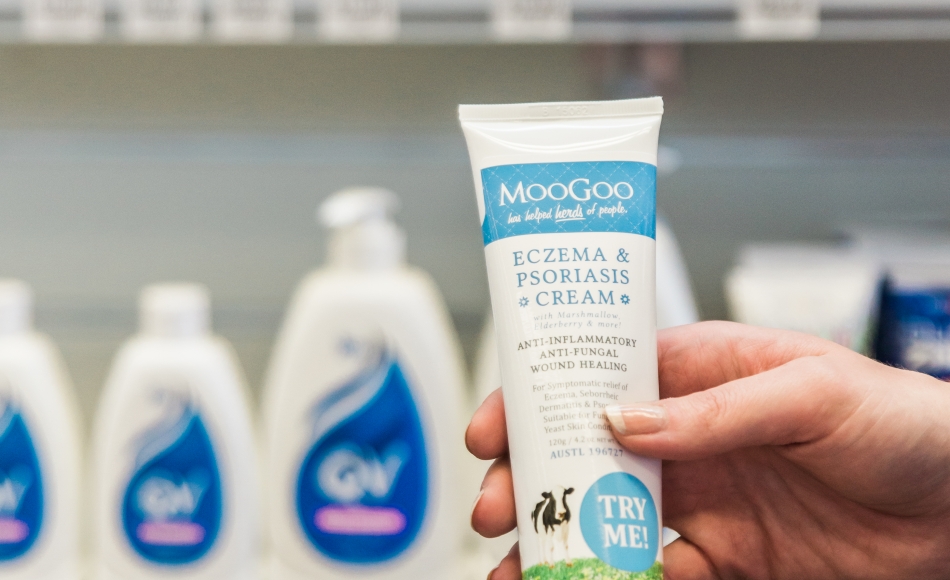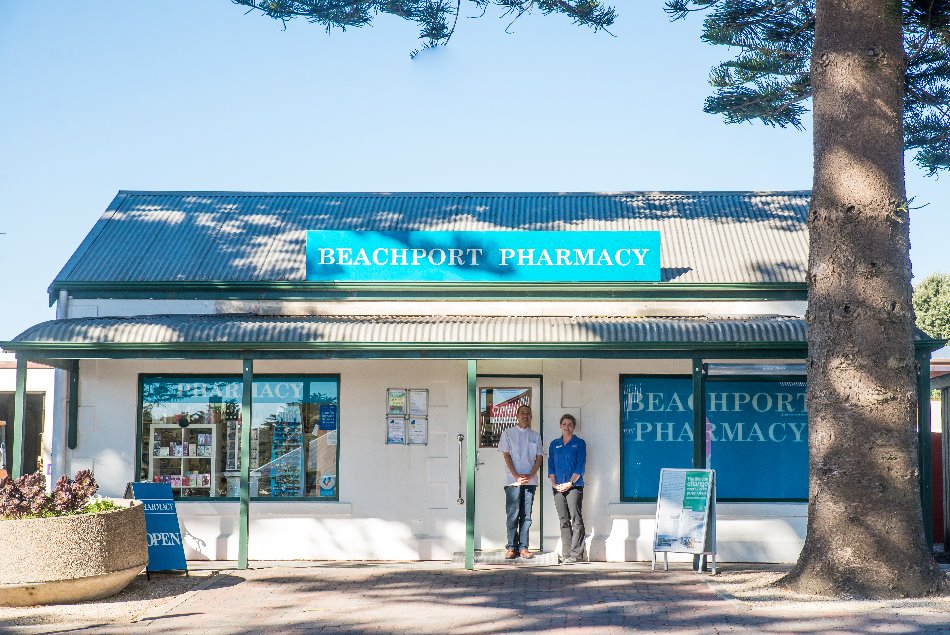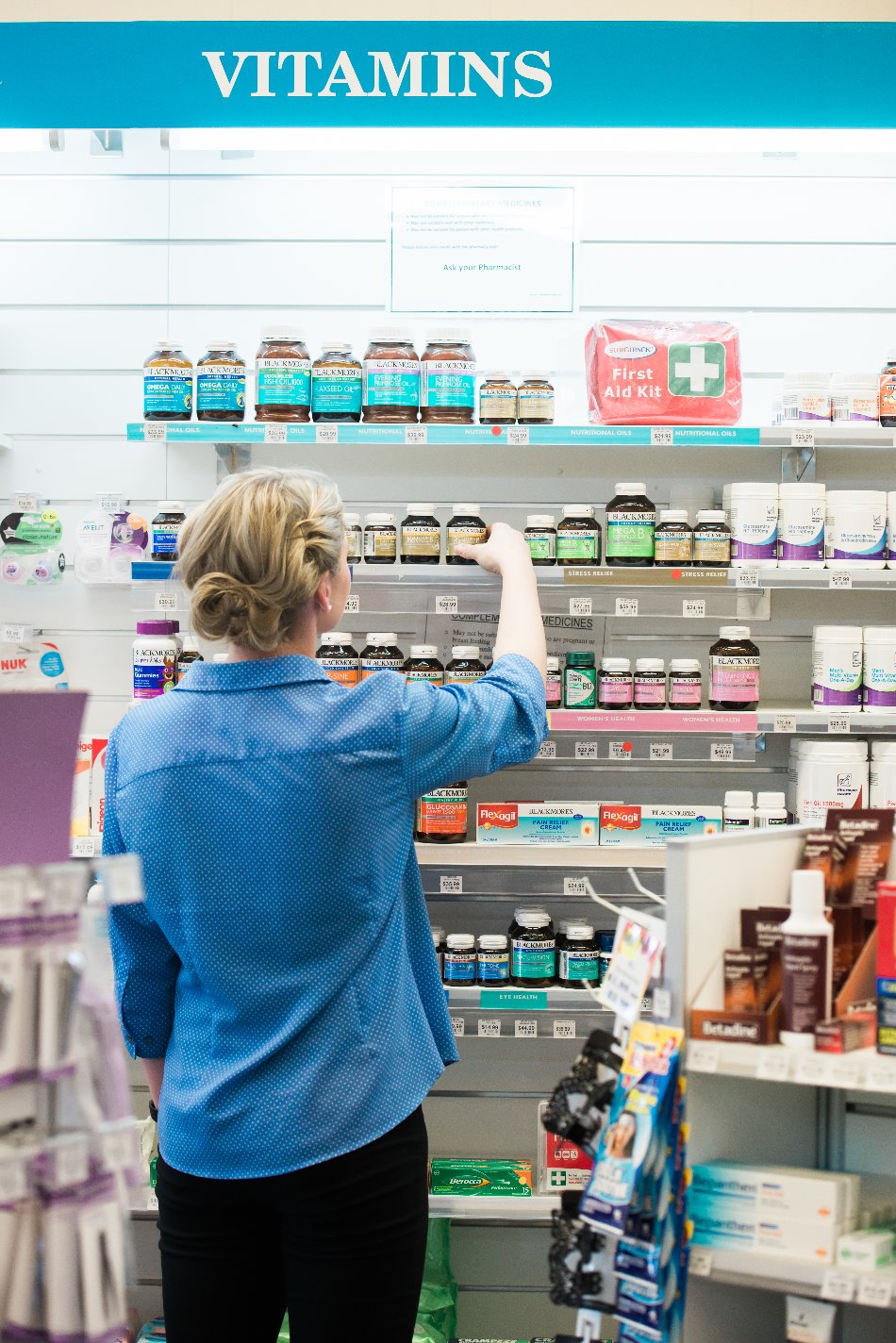Mar
2013
Keeping well whilst getting older
The prime objective of the Council on the Ageing (COTA) is to promote, improve and protect the circumstances and wellbeing of older people in Australia.
COTA claims to be the voice of seniors over the age of 50; although in the 21st century most 50 year olds wouldn’t consider themselves old or even ageing. Regardless of our own age, we generally think of someone else as being old if they’re about 10 years older than we are.
The Australian Seniors Card is provided to people over the age of 60 (subject to certain criteria if offers some discounted products and services), but from a medical point of view, the definition of a “senior” seems to be 65 – when for instance free flu vaccine is available.
Whatever definition of ageing we use, we know our population is ageing. That is people in older age groups are increasing in number as a proportion of the total population. As an example, people in the 70 plus age group currently account for about 10% of our population in Australia; by 2050 this is expected to increase to about 20%.
From a personal point of view longer life expectancy is generally a good thing; but sometimes a costly thing for the community. Unfortunately, one of the side effects of living longer is that we are more likely to suffer with illness. Heart disease, kidney disease, diabetes and some types of arthritis are all more common in older people
Medicines are often the best way to manage the symptoms of these conditions; so it’s probably not surprising that the oldest 10% of the population use more than 20% of all prescribed medicines. That’s enough to give any government a financial headache; and bound to put health firmly on the political agenda – especially in an election year.
Of course, old age doesn’t have to mean ill health. A study in the USA has shown that on average elderly people are growing healthier, happier and more independent; and according to a report in New Scientist magazine, the diseases of old age are actually affecting fewer people and, when they do strike, it is much later in life.
Whatever our age or physical condition, there is no doubt that we benefit most when we personally take control of our health as much as possible. This includes making informed decisions – decisions based on the answers to questions we should ask doctors, pharmacists, nurses and other health providers.
For instance, when we go to the doctor we could ask: “What is wrong with me and how long will it last?” “What can I do to help myself get better?” “If I need a medicine, what is its name, what does it do, and how long should I take it?”
These questions and quite a few others are listed on the Wise Use of Medicines Fact Card, which is available from pharmacies around Australia providing the Pharmaceutical Society’s Self Care health information. Your pharmacist can print out a copy of the card for you.
There are also fact cards available on some other topics which could be of special interest to us as we get older – topics such as Arthritis, High Blood Pressure, Osteoporosis, Prostate Problems, Preventing Falls, Carer Support and Sleeping Problems.
COTA programs are implemented by way of state and territory-based affiliates, two of which celebrate Seniors Week 17 to 24 March. Of course, there are opportunities for all older Australians to stay fit and well all year round. The COTA website provides some good suggestions.
And to get a copy of those all important fact cards, check out the Pharmaceutical Society’s website at www.psa.org.au and click on “Self Care” then “Find a Self Care Pharmacy” or call 1300 369 772.
